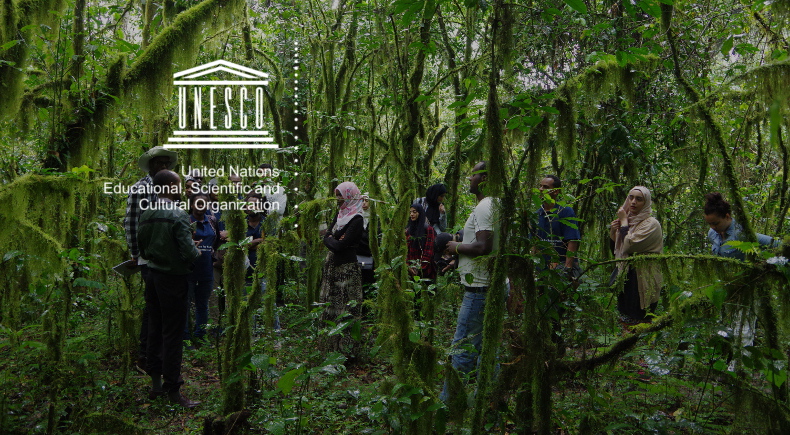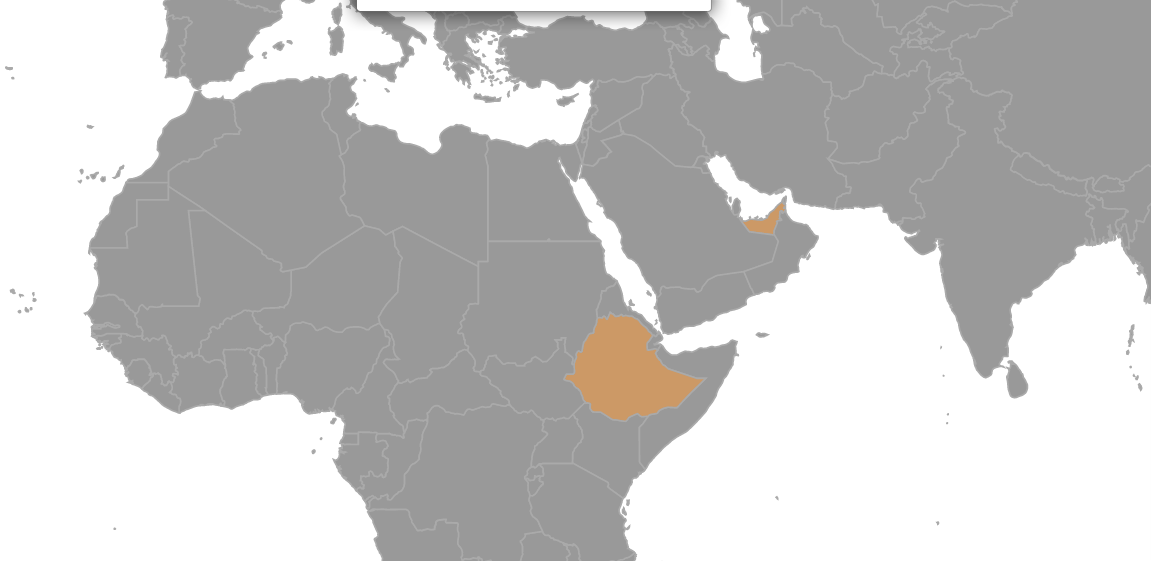
Location:
UAE, Ethiopia

The Global Citizen Foundation will be working with UNESCO to bring together Ethiopian and Arab university students to become leaders in sustainable development. This will be done through the students studying and learning best practices for water management, climate change mitigation, biodiversity conservation and environmental tourism. Sixteen students will spend two weeks at biosphere reserves in UAE and Ethiopia, working with each other and the surrounding communities to share best practices and develop reports to be used by UNESCO staff working in the field of sustainability.
Project Background
Educating youth is absolutely essential to producing future leaders who can professionally tackle sustainability issues. UNESCO has significant capacity in this regard in education for sustainable development. A green society is an educated society in all of its dimensions. Investing in education is crucial for achieving sustainable development, poverty eradication, equity and inclusiveness.
UNESCO works jointly with its member states to identify, establish and manage biosphere reserves (BRs), which are sites for sustainable human living. With 621 BRs in 117 countries, these sites are ideal places for engaging in innovative approaches to education in sustainable development, including aspects such as youth issues, gender equality, climate change mitigation, biodiversity conservation and water management. BRs seek to reconcile the conservation of biological and cultural diversity and economic and social development through partnerships between people and nature.
The United Arab Emirates participates actively in the UNESCO Global BR Network; the Merawah BR was successfully listed in 2007 under the management of the Environment Agency Abu Dhabi. In addition, the Ethiopian authorities have also successfully established three BRs (Kafa 2010, Yaju 2010 and Sheka Forest in 2012). However, both countries are in urgent need of education programs in order that their young people may professionally and actively engage in all aspects of sustainable development and become leaders in those fields.
It will be of particular interest to merge a high per capita income country with a low per capita income country with different cultural, societal and environmental settings, which will add even more educational value in the sense of the rapprochement of cultures.
About UNESCO
UNESCO was established in 1945 in order to respond to the firm belief of nations, forged by two world wars in less than a generation, that political and economic agreements are not enough to build a lasting peace. Peace must be established on the basis of humanity’s moral and intellectual solidarity.
UNESCO strives to build networks among nations that enable this kind of solidarity, inter alia by mobilizing for education, building intercultural understanding, pursuing scientific cooperation and protecting freedom of expression. Today, UNESCO's message has never been more important: we must focus on social, environmental and economic dimensions of sustainable development.
UNESCO is known as the intellectual agency of the United Nations. At a time when the world is looking for new ways to build peace and sustainable development, we must rely on the power of intelligence to innovate, expand horizons and sustain the hope of a new humanism. UNESCO exists to bring this creative intelligence to life; for it is in the minds of men and women that the defenses of peace and the conditions for sustainable development must be built.
